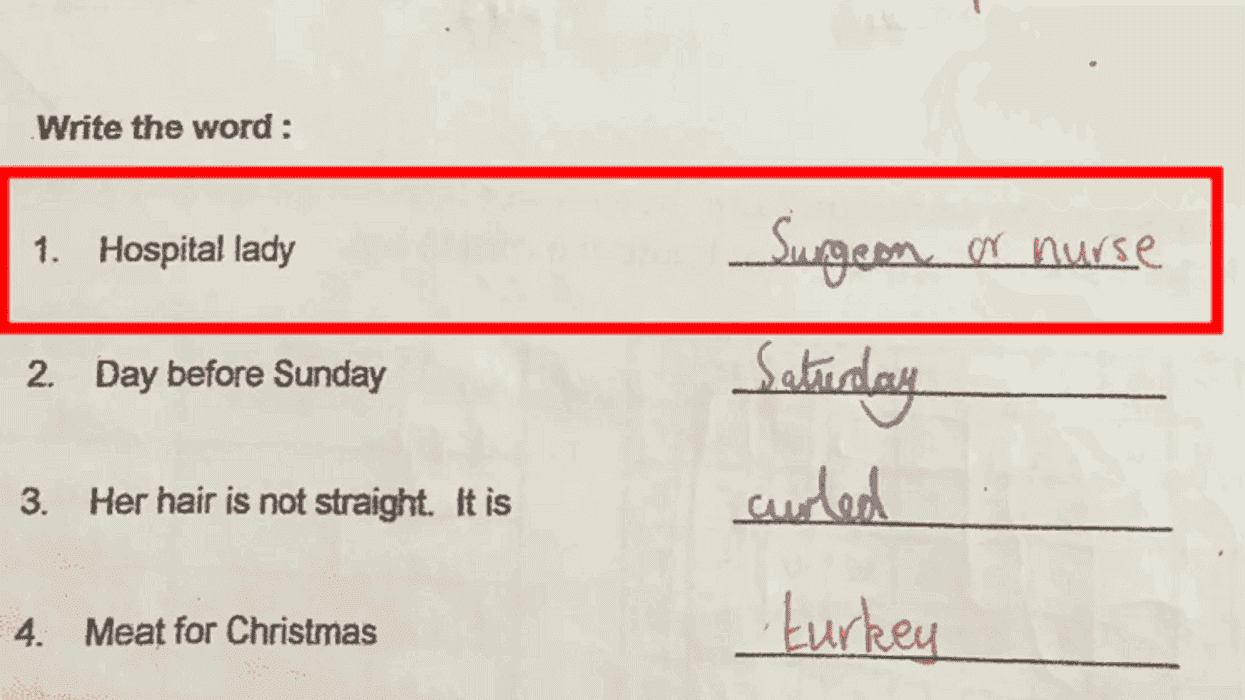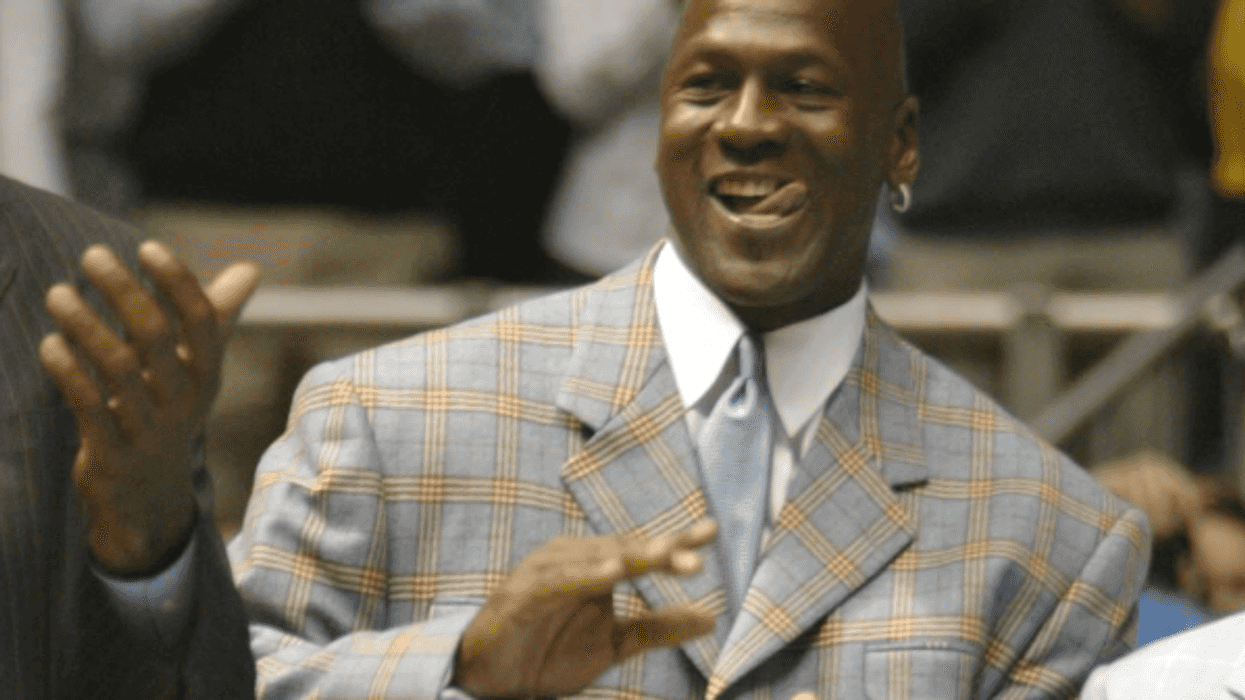When Robert Redford died on September 16, most of the ensuing tributes focused—quite naturally—on his versatile acting skills. But the Hollywood icon also directed a number of acclaimed films, including 1980’s Ordinary People (which won Oscars for Best Picture and Best Director), 1992’s A River Runs Through It, and 1998’s The Horse Whisperer. On the latter movie, he worked with 12-year-old future star Scarlett Johansson, and their time together had a major impact on the young actor—inspiring her to eventually helm her own film over two decades later.
Promoting her directorial debut, Eleanor the Great, on The Late Show with Stephen Colbert, Johansson talked about the "extraordinary" experience of collaborating with Redford, whom she nicknamed "Booey" at the time. "He was such a warm, kind, patient, generous, wonderful man," she said. "And he would take so much time with me every day…We had a very special relationship in the film, the characters do, where he actually really therapizes my character. And he, in real life, had that type of persona: so calm and kind and patient…[E]very scene we would do, he would [sit and] talk me through where my character had been up until that point. It was like he had all the time to do that."
- YouTube www.youtube.com
"Transformative" experience
That close working relationship was "transformative" for the young actor, who walked away with a deeper understanding of her work. "I had a complete understanding of, 'Oh, this is actually a craft and something you get better at and understand more the more you put into it,'" she said. "That was all because of Bob—Mr. Redford/Booey." Even when Colbert shifted the conversation to Eleanor the Great, asking what gave her the initial craving to direct, she pointed back to her old friend.
"It [came from] working with Bob," she said. "I remember seeing him on the set. He would have those intimate conversations with me, and then he would be coordinating a huge scene with our amazing first [assistant director] Joe Reidy and Bob Richardson, our DP, and I was like, 'That job seems pretty interesting. I’d like to do that job some day.’" She drifted away from that quest at a certain point: "Then I spent many years being like, 'Who would ever want that job? You’re basically just answering questions.’" But it feels fitting that, with Redford at the top of her mind, she’s now promoting her first directorial work.
- YouTube www.youtube.com
Therapeutic directing
Many years after The Horse Whisperer, when she co-starred in Iron Man 2, Johansson asked director Jon Favreau how he handled the disparate acting styles of his all-star cast, which also included Robert Downey Jr., Gwyneth Paltrow, Don Cheadle, Sam Rockwell, Mickey Rourke, and Samuel L. Jackson. He responded, "'I’m sort of like a therapist. I just kind of understand what the vocabulary is that the other person needs to go to where they’re going.’" There’s an interesting link here, given how Johansson also described Redford’s directing in therapeutic terms.
Indeed, other directors have used similar labels to outline their process. "When I direct talent, I find that it is a lot like therapy. I am always aware of the repercussions of my every word and action upon the actor," Jean-Paul Damé wrote on LinkedIn in 2015. "We all know how emotional and sensitive actors are. As creative people, however, the actor is being asked to take off their armor. The same armor we all wear every day. This removal of armor gives you the director access to potent intimate areas of the actors' psyche."
"There’s a fine line between being a director and being a psychologist,” filmmaker Meera Menon told Backstage in 2019. "So much of the craft involves just being able to get people out of their heads because they can get really stuck in there—and it’s not just actors, it’s the creative team as well."
- YouTube www.youtube.com





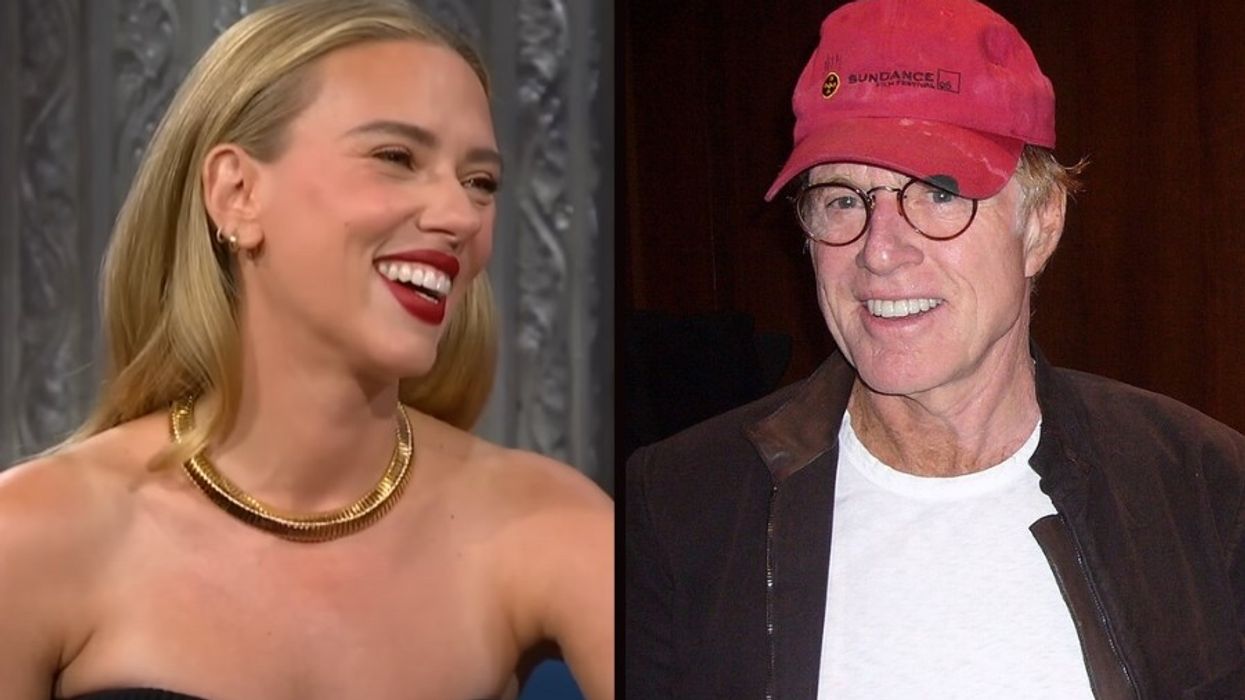




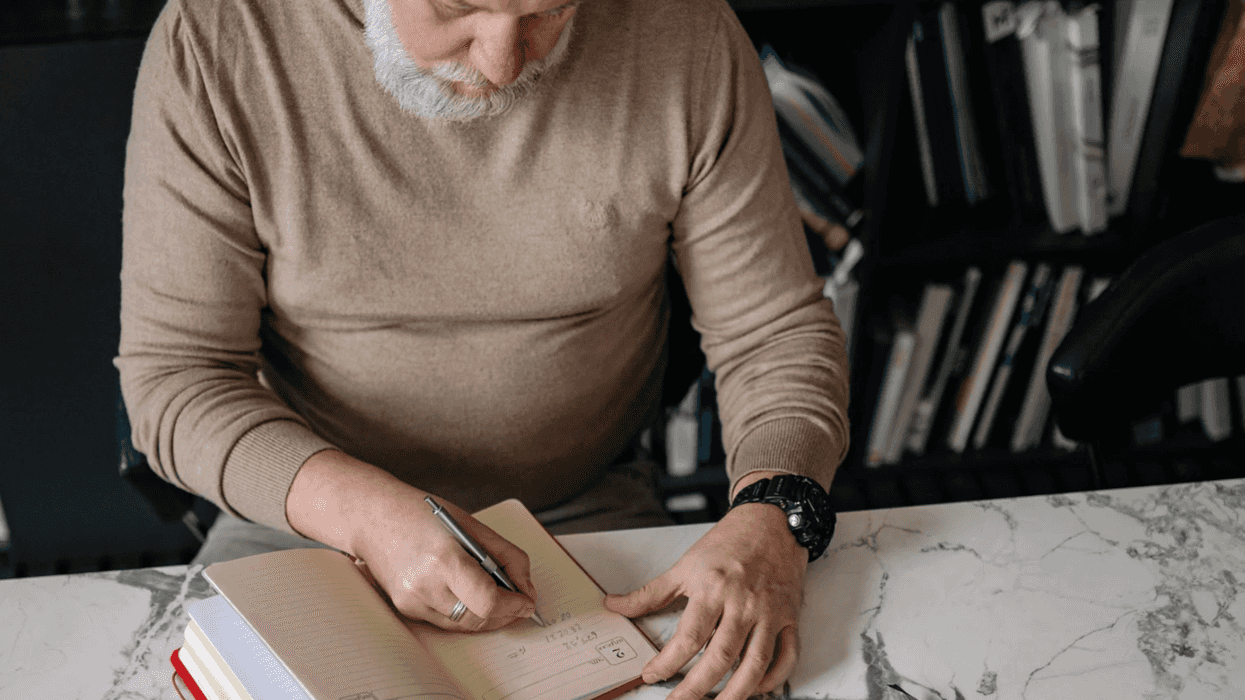






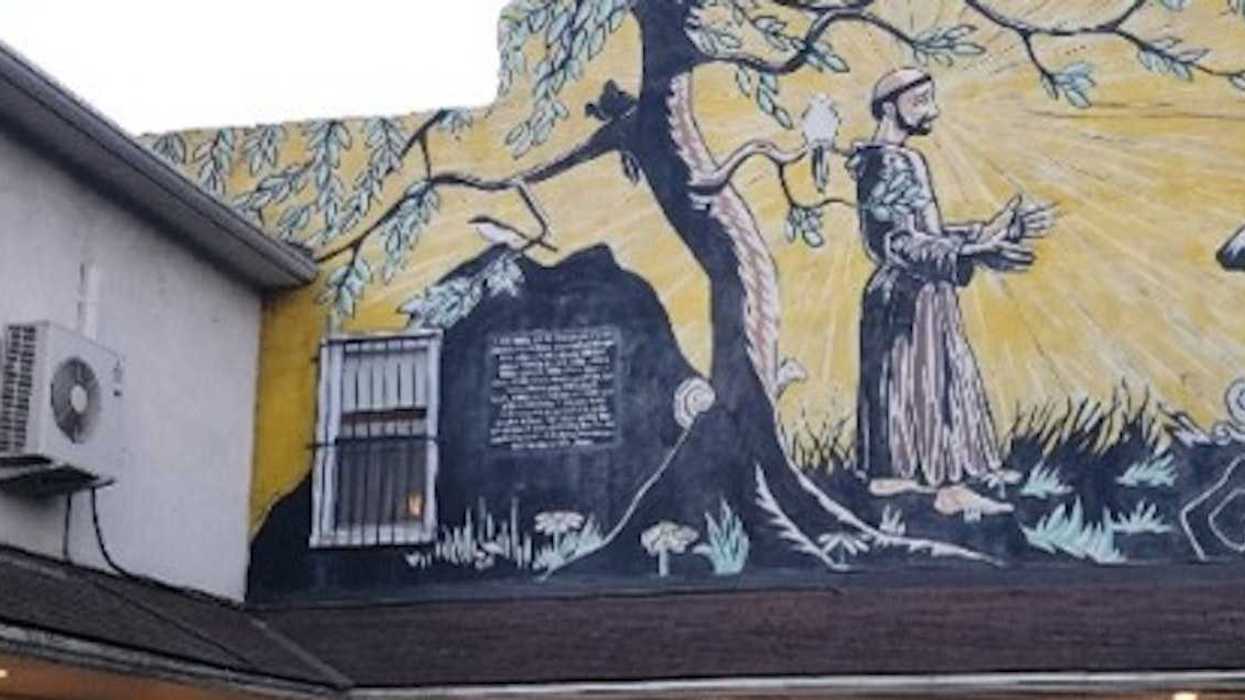
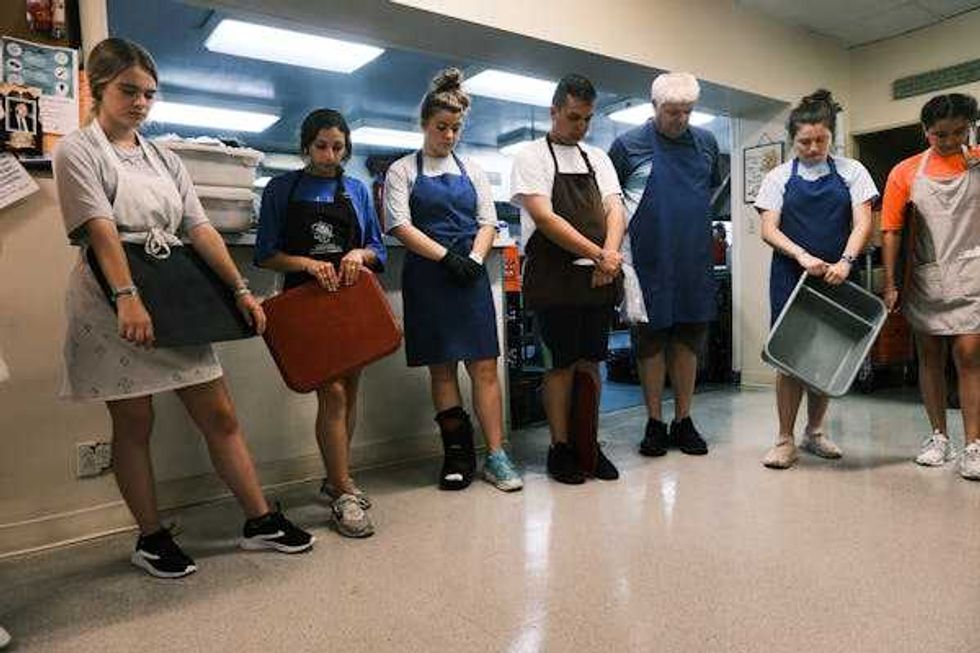 Volunteers at the St. Francis Inn pray together before serving a meal on July 19, 2021.
Volunteers at the St. Francis Inn pray together before serving a meal on July 19, 2021.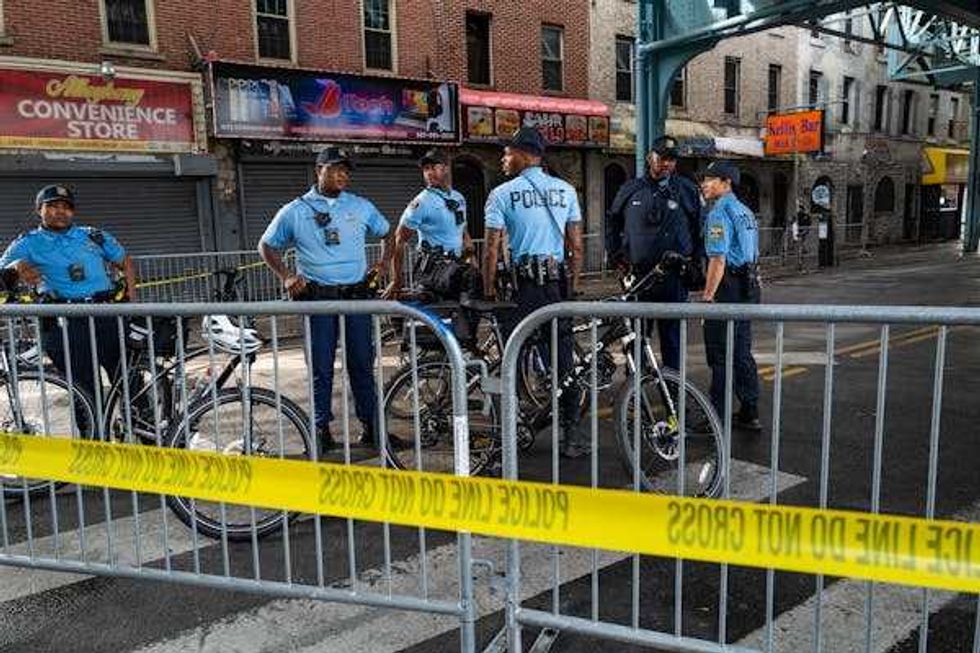 Police close down a section of Kensington Avenue to clear a homeless encampment on May 8, 2024.
Police close down a section of Kensington Avenue to clear a homeless encampment on May 8, 2024.
 A young person doing their monthly budgetCanva
A young person doing their monthly budgetCanva

 A woman scrolls through a dating appCanva
A woman scrolls through a dating appCanva
 Openly choosing the one you like best can help break down stigmas.
Openly choosing the one you like best can help break down stigmas.
 A young woman scrolling on her phoneCanva
A young woman scrolling on her phoneCanva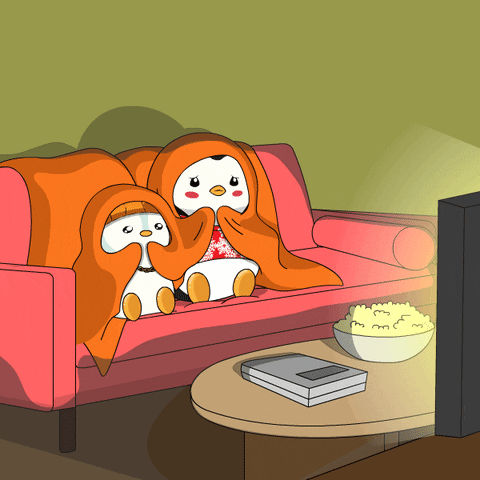 Gig of two cartoon penguins watching TV via
Gig of two cartoon penguins watching TV via 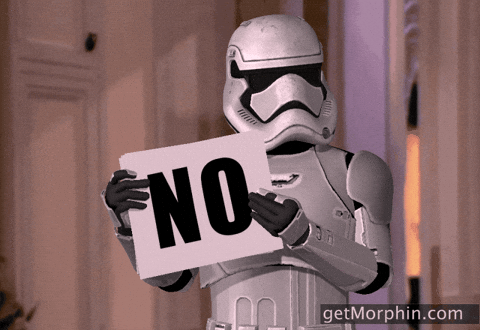 Gif of a storm trooper flipping through sings that say 'no' via
Gif of a storm trooper flipping through sings that say 'no' via 